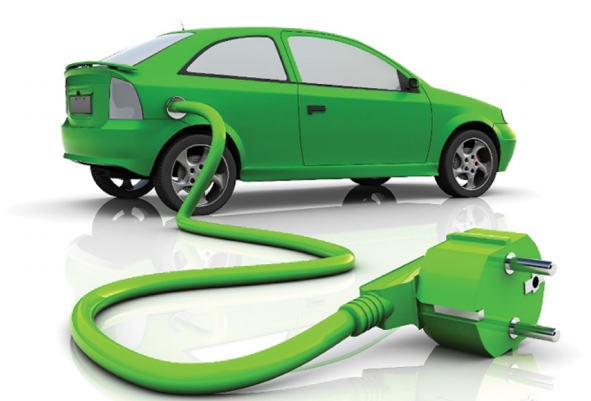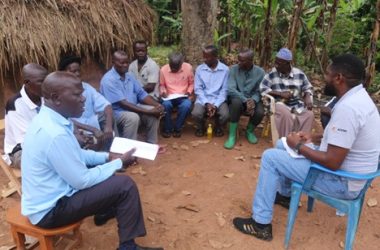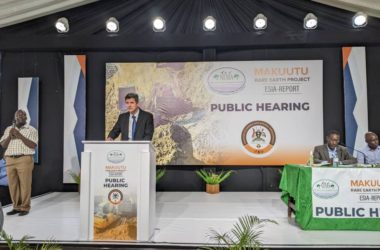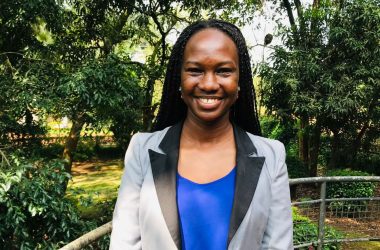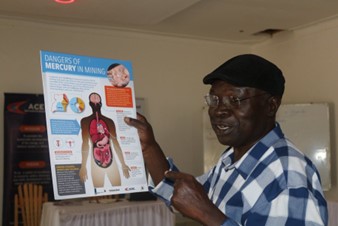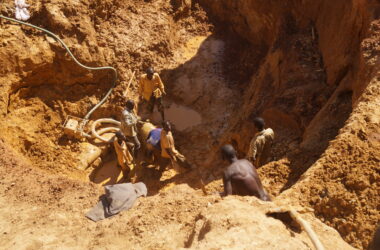Africa is bleeding value and wasting away an opportunity to cash in on a ‘new’ class of minerals driving energy transition.
Battery minerals are a group of minerals and metals from which key components in the manufacture of batteries are derived. These include Nickel, Cobalt, Carbon, Lithium, Vanadium, Manganese, Graphite, Copper and others. Africa is said to have some of the highest grades of these minerals.
The ongoing Electric Vehicle (EV) revolution has caused huge demand for these minerals, fueled by an increasing shift by the developed world towards green technologies.
Cobalt is the most expensive component of the rechargeable batteries that power the EVs, thanks in part to its thermal stability and high energy density properties. It is a key component in prolonging the life cycle of a battery cell, an important consideration for EV consumers in determining the cost efficiency of switching from petroleum-powered or hybrid vehicles to EVs.
Uganda has some Cobalt reserves in the Kasese area. Canada’s M2 Cobalt Corporation has spent a considerable amount of time and money trying to determine just how much Cobalt is resting in those hills. That same Kasese area lies at the Uganda-DRC border and hosts a defunct historical copper mine, so one can understand M2 Cobalt’s optimism because Cobalt is generally found associated with ores of copper or nickel.
However, in the Great Lakes Region, the DRC takes the trophy for its world class Cobalt reserves. About 70 percent of global Cobalt production happens in the DRC. That country exports at least 90 percent of all the Cobalt it produces; 70 percent of which goes to China.
China leads the pack in the production of EVs, with more than 100 EV brands, at least 10 of which are famous household names in car markets outside China. In addition to China itself being a large market for its own locally produced EVs, the populous nation also dominates the midstream and downstream markets in the EV production value chain.
According to Bloomberg, the battery market will be worth 160 billion dollars by 2030. Yet, if African producers continue to export raw battery minerals, they will only marginally tap into this huge potential.
It is evident that DRC is losing a lot of value in their raw exports. In fact, Cobalt extraction seems to be going on at the expense of widespread human rights violations against the local artisanal miners, child labour (sometimes forced) and environment degradation. This is a stark contradiction given that the Cobalt is being imported to the developed world to build gadgets that promote a first-class lifestyle.
It is important therefore, that African Cobalt producers renegotiate with consumers in order to retain some value in-country. For example, DRC’s plans to create a state-owned company to buy all the Cobalt mined by artisanal miners in the country can be a move in the right direction if the next step is to put in place a value addition facility, not to sell the raw material directly to consumers abroad. This could also help the Congolese government to control volatile Cobalt prices that are usually at the mercy of middle-men.
Potential producers like Uganda can, from the onset, enforce a minimum value addition rule or even go further and set up a production line for just one or two battery components. Miners and exporters will always argue that refining metals domestically is costly due to the high production costs, especially of electricity, but this is a deficit the Government can creatively fix.
Besides Cobalt, Copper is also re-emerging as a strategic mineral in the green energy transition. Before the deadly Corona Virus struck, the price of Copper had been projected to rise by 60 percent to $10,000 per tonne by 2025. Other projections saw the demand for Copper steadily rising by 2.3 percent for the next 20 years!
The ball, as they say, seems to be in our court. It is up to us to retain it and take the winning shot.
Programs Director
Africa Centre for Energy and Mineral Policy (ACEMP)

